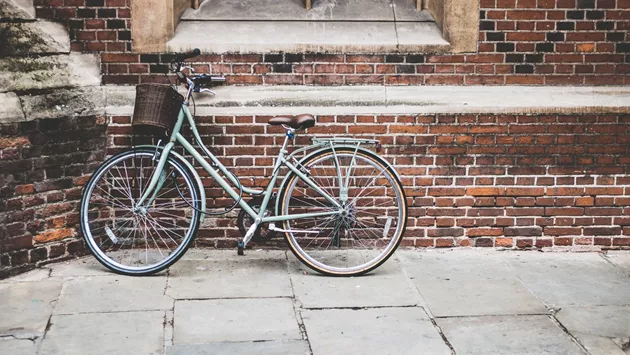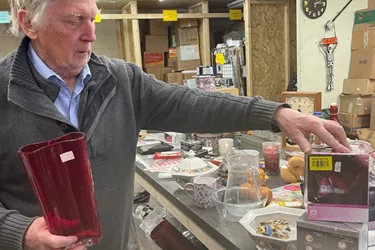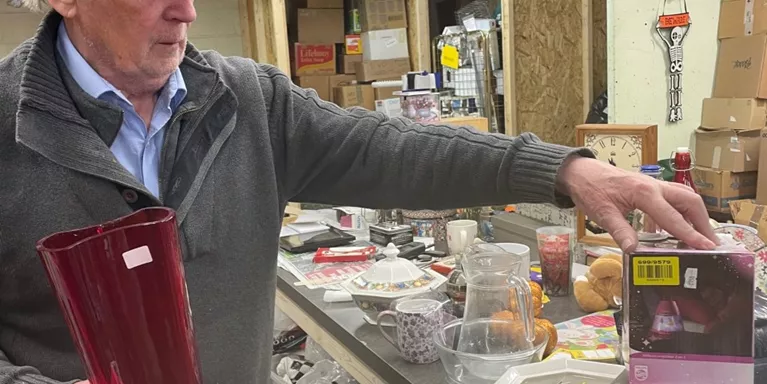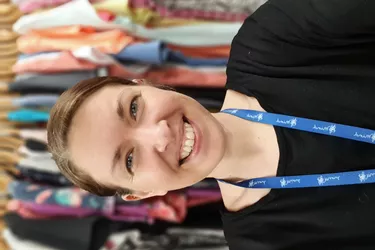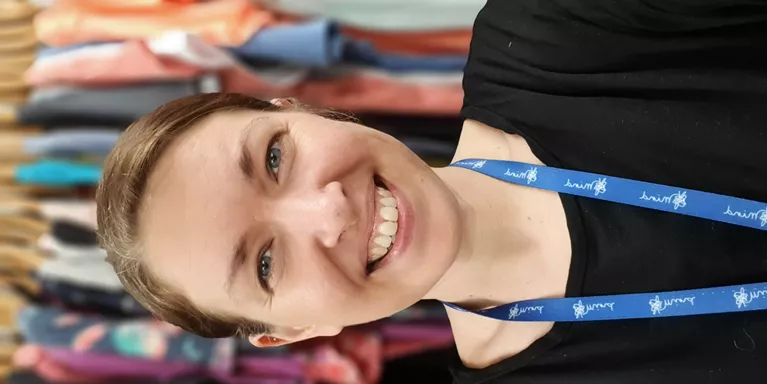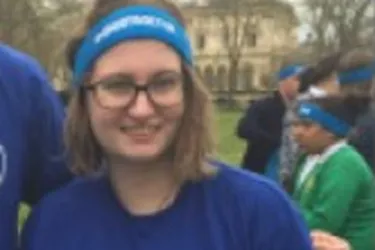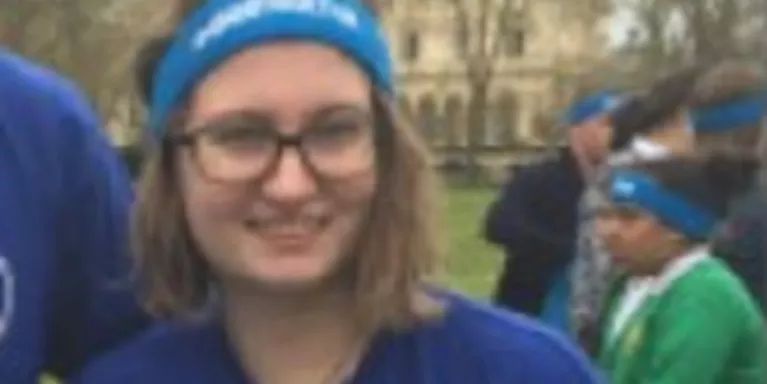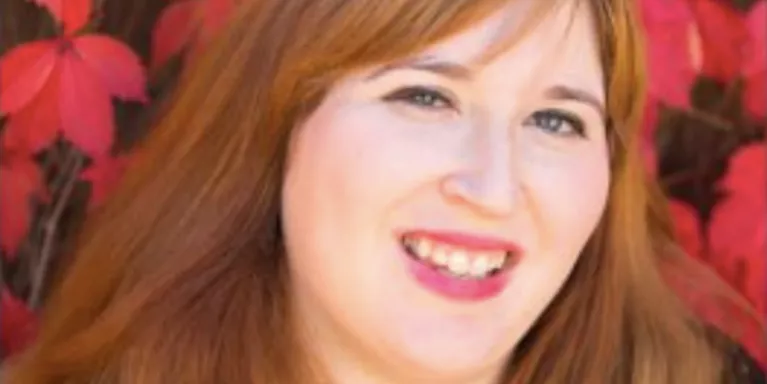Let's Befriends: volunteering at Mind
A volunteer at Hammersmith & Fulham Mind shares their experience.
I am sure that for many of you friendship is one of the things that sustains you and makes life all the more fun and worthwhile.
Maybe you have a wide circle of friends or perhaps just a few that you keep close. As Samuel Johnson wrote:
"True happiness consists not in the multitude of friends, but in their worth and choice."
Back in 2010 I was going through a particularly challenging time – a breakdown of a relationship, health problems and subsequently a very low mood - so I decided to give and connect with people through volunteering.
I've always volunteered but hadn't hooked up with a charity since moving back to London. So I started investigating where I could be of most use and what I would find rewarding. It started with a simple search of “volunteering in Hammersmith”, where I was living at the time and I saw Hammersmith & Fulham Mind were looking for Befrienders.
Befrienders volunteer their time to support people with mental health problems and engage in social activities as part of their recovery process. This could be for specific goals such as choosing joining a group or what I came to learn as soft, personal development goals. This could be something like going for a coffee or a walk, or visiting a museum.
I felt this was the right opportunity for me. I fitted the bill – previous experience of depression, an interest in mental health, a good listener, time to spare, interested in others and of sound mind and judgement.
So after the application process, CRB check and interview, I attended two training sessions, which highlighted the various mental health problems I might encounter, plus the Do's and Don'ts of befriending.
Do use active listening & non judgement, don't give your personal details or invite the befriendee to your home.
It was a good chance to ask all the questions I had such as "what do I do in the event of client transference?" Answer – talk to the Program Co-ordinator.
It took some time to be matched – I probably waited 6-8 weeks but when I did eventually meet with Sue (not her real name) I felt I could make a real difference.
Obviously I cannot go into the details of what was affecting Sue, but she confided in me and told me some very disturbing and upsetting stories. (This isn't always the case although it is important to consider when getting involved in befriending.)
What became apparent to me was that I was not equipped to support Sue in the way she needed and this became clear to Sue too. She needed professional help and all I could offer was an empathetic listening ear.
After about 6 months of being in contact (many of our meetings were cancelled at short notice, whilst others involved going for a walk or investigating volunteering opportunities), our meetings fizzled out when Sue’s depression took hold again. I do hope that she’s been receiving the help that she needed.
I have since worked with another befriendee, let’s call her Carol (not her real name), which has been both a rewarding and a somewhat frustrating experience, due to the her forgetfulness caused by her high dosage of antidepressants.
Missed meetings, lack of motivation as well the fact that she never had an idea of what she would like to do and did not engage in conversation easily.
My thoughts on being a befriender, is that you will take away from the program only what you expect to get out of it. I wanted to make a difference, to connect and support, and I really feel like I did for a time with both Sue and Carol.
As a befriender, you need to consider that you may not be able to change what that person has experienced, but you can help them with their journey of recovery. The little things become so much more important – just going out, having a cup of coffee and a chat can be really powerful.
All of that said, I am very honoured to offer my friendship to the beautiful people I’ve met, like Sue and Carol. People who struggle every day and who worry that they will never know a life without fear, anxiety, negative thoughts or medication.
Even if volunteering as a befriender isn't for you – in your own way I am sure there is a way that you are supporting someone with their mental health right now – with love.

Get involved
There are lots of different ways that you can support us. We're a charity and we couldn't continue our work without your help.
Share your story with others
Blogs and stories can show that people with mental health problems are cared about, understood and listened to. We can use it to challenge the status quo and change attitudes.









